

Colby Souders, M.D. Receives Integrating Special Populations (ISP) Pilot Award
By Frontiers , Clinical and Translational Science Institute
Oct 23, 2024
Pilot Study: Outcomes of Urinary Incontinence Treatment in Primary Care: Rural (OUTPACE-R)
Expanding subspecialty care in rural settings is an important part of improving healthcare access for all. Colby P. Souders, M.D., plans to study urinary incontinence among women in rural settings with her Lauren S. Aaronson Award. The overarching goal of her study is to identify the best method to support primary care physicians as they care for women with urinary incontinence. Through this work, she hopes to increase primary care provider knowledge about urinary incontinence so that quality of care is improved and patients have earlier access to subspecialty care. Souders is currently the site Principal Investigator at University of Kansas Medical Center for a larger study of similar design which is currently underway at three urban, academic centers: the University of California San Diego, the University of California Los Angeles, and the University of Kansas Medical Center. This award will support Souders as she expands this study to include primary care physicians and female patients with urinary incontinence in rural Missouri.
Currently, depending on geographic location and insurance status, patients wait at least several months to see a urologist. This study will utilize two methods for subspeciality referral to provide earlier access to subspecialty care, both of which are particularly well-suited for rural patients.
“Not all of these patients necessarily require an in-person visit to get high-quality incontinence care,” Souders said.
Half of the rural providers will have e-consults with a urologist, which will allow the specialist to suggest next steps to the primary care provider and determine whether the patient needs to be seen in person by a subspecialist. The award will directly support Souders as she develops the infrastructure for this eConsult model of care in rural areas. Her hope is that primary care providers will feel more supported by their subspecialty colleagues, empowering them to provide better care and establishing streamlined conduits to subspecialty care when needed.
The remaining providers will operate under a telehealth referral model where patients are referred to advanced practice providers (APP) in urology and the primary care provider transfers urinary incontinence care to the APP. Souders wants to determine which model of subspecialty support to the primary care providers is preferrable for providers and patients, as optimizing efficiency and treatment outcomes benefits both patients and providers. The study team is currently enrolling providers in rural Missouri. As the study progresses, they will look at the quality of incontinence care provided, patient satisfaction, and incontinence outcomes, as well as the providers’ knowledge and adherence to urinary incontinence quality of care metrics.
Latest Articles
View All Funded Projects · News
Funded Projects · News
 TL1 Trainee · News
TL1 Trainee · News
 Funded Projects · News
Funded Projects · News
 TL1 Trainee · News
TL1 Trainee · News
 Funded Projects · News
Funded Projects · News
 TL1 Trainee · News
TL1 Trainee · News
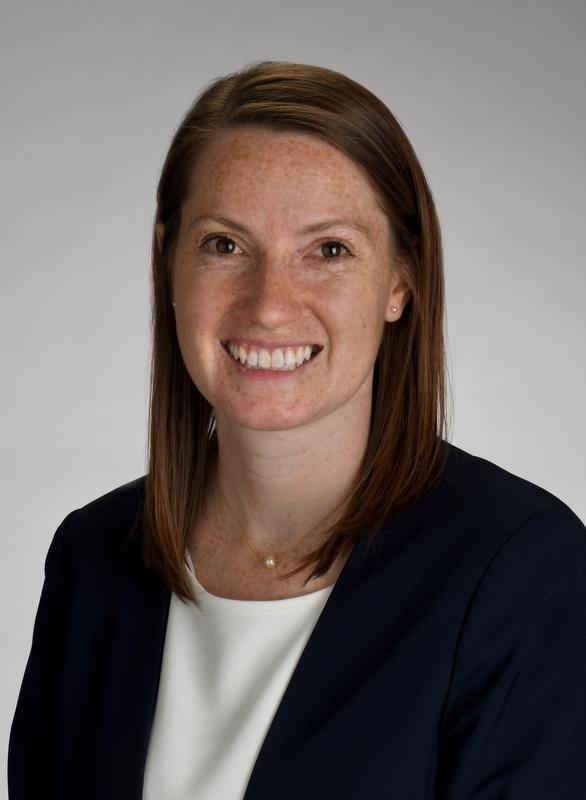 KL2 Scholar · News
KL2 Scholar · News
 Funded Projects · News
Funded Projects · News
 Funded Projects · News
Funded Projects · News
 TL1 Trainee · News
TL1 Trainee · News
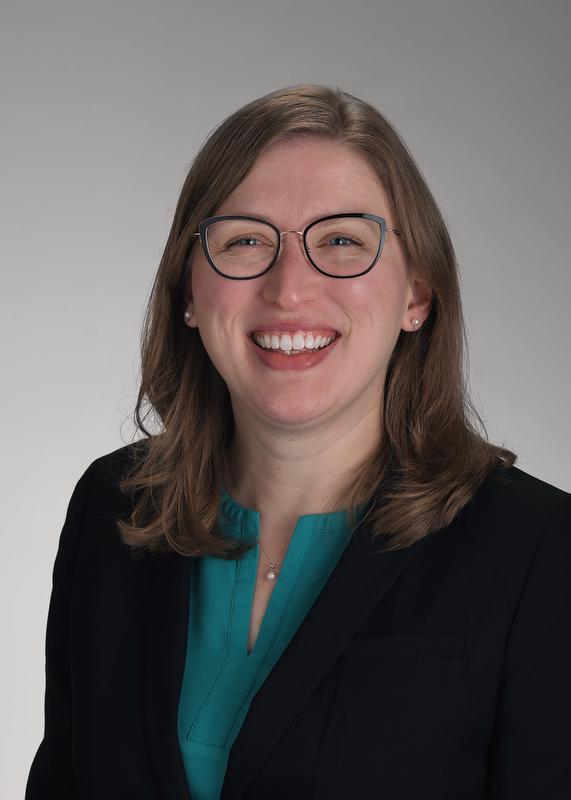 KL2 Scholar · News
KL2 Scholar · News
 Funded Projects · News
Funded Projects · News
 News
News
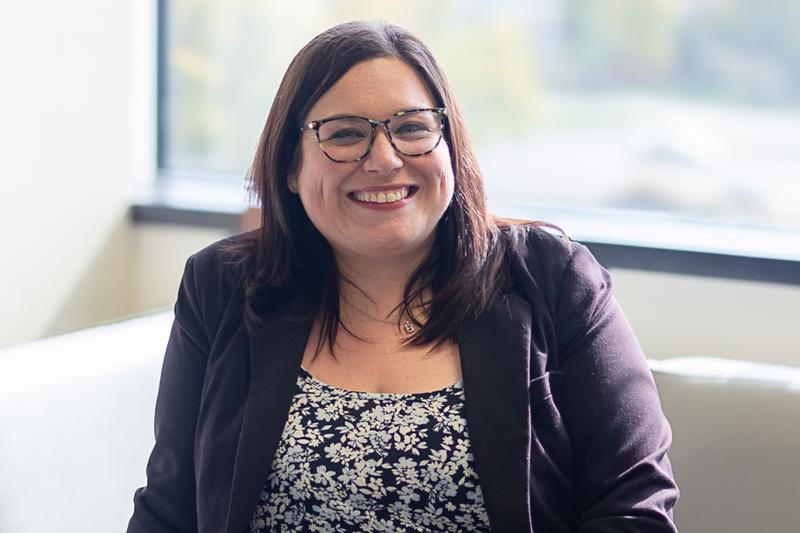 TL1 Trainee · News
TL1 Trainee · News
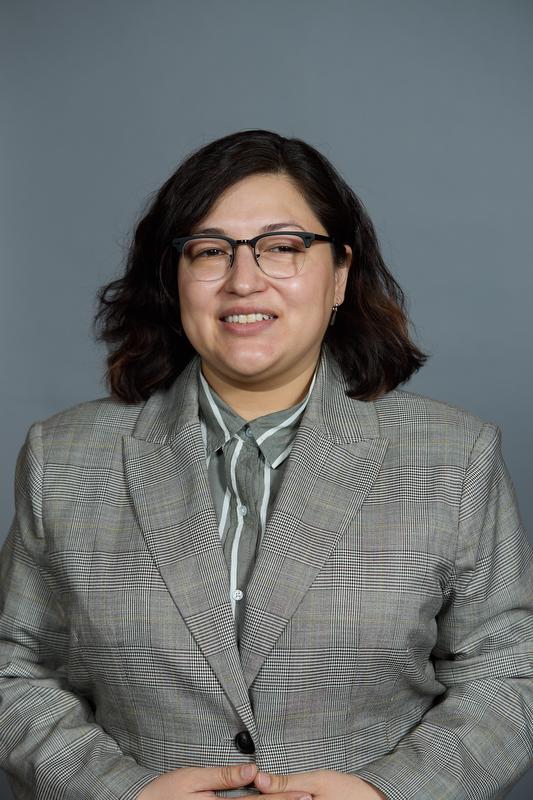 News
News
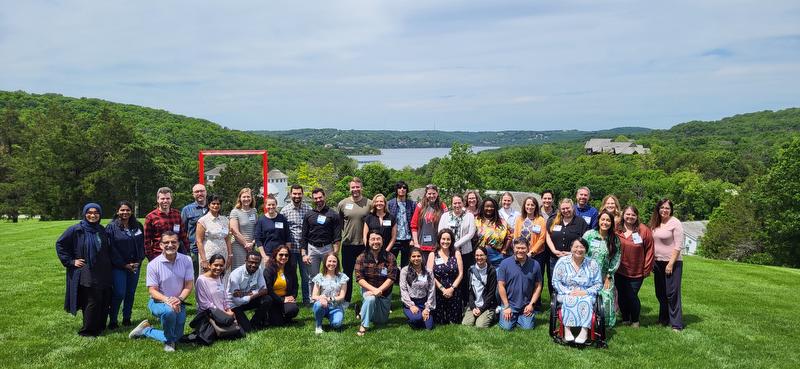 News
News
 Funded Projects · News
Funded Projects · News
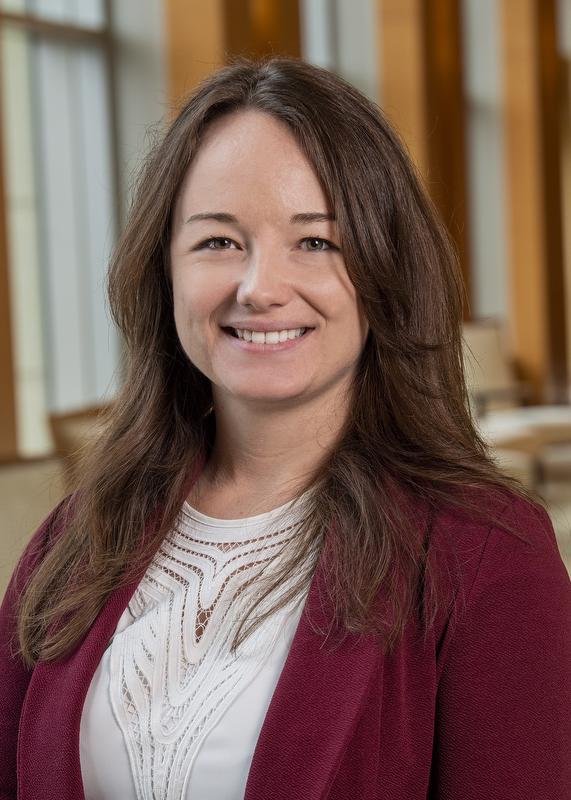 TL1 Trainee · News
TL1 Trainee · News
 Events
Events
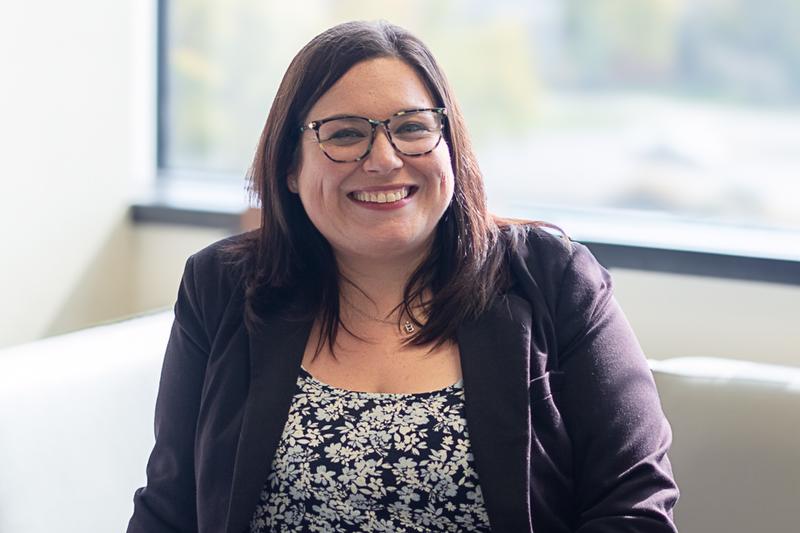 TL1 Trainee · News
TL1 Trainee · News
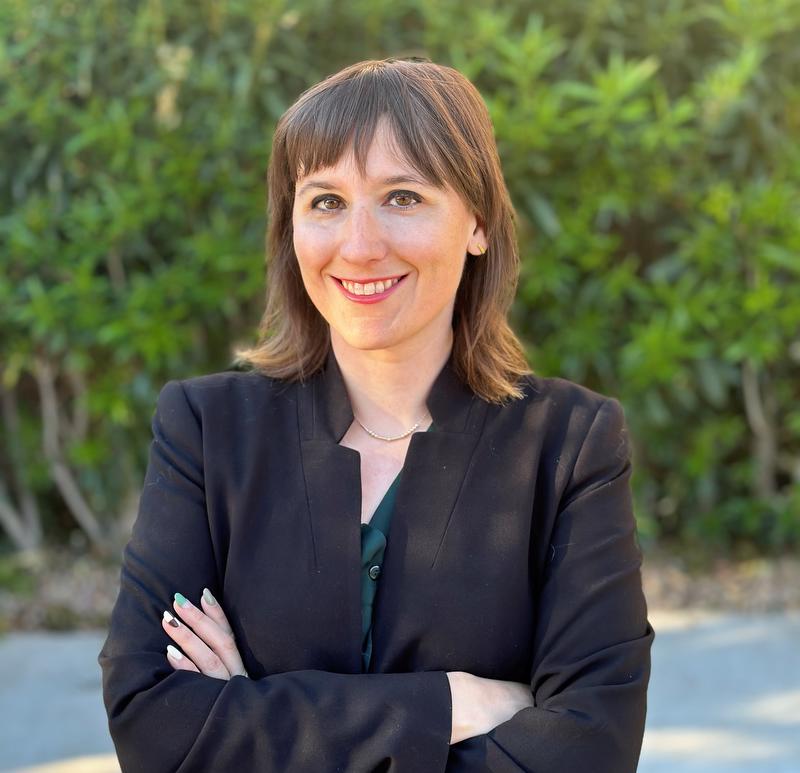 News
News
 TL1 Trainee · News
TL1 Trainee · News
 KL2 Scholar · News
KL2 Scholar · News
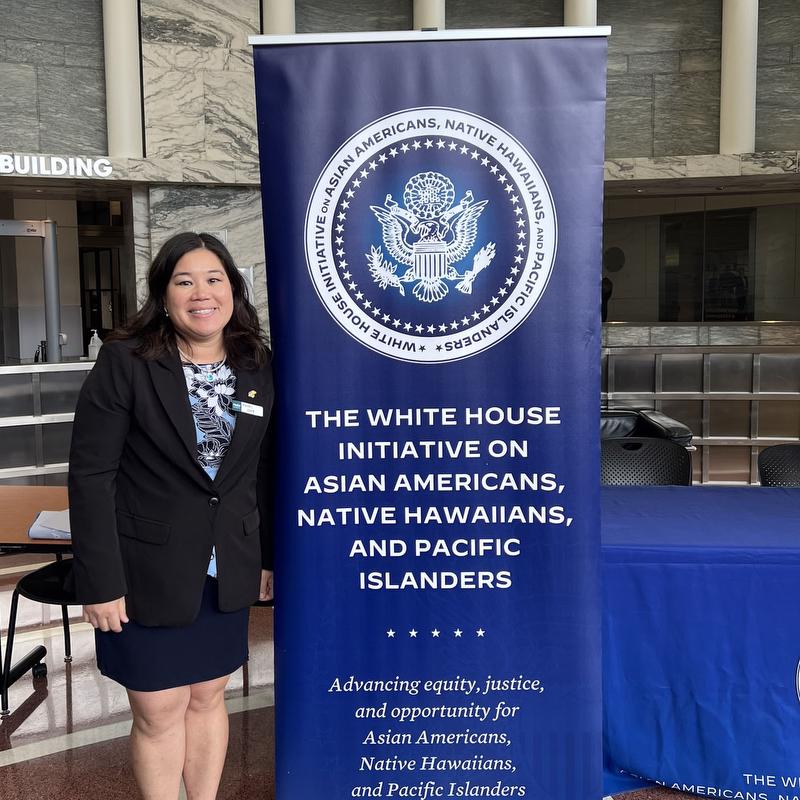 News
News
 KL2 Scholar · News
KL2 Scholar · News
 Funded Projects · News
Funded Projects · News
 News
News
 TL1 Trainee · News
TL1 Trainee · News

 TL1 Trainee · News
TL1 Trainee · News
 Services · News
Services · News
 News
News
 Funded Projects · News
Funded Projects · News
 Funded Projects · News
Funded Projects · News
 Funded Projects · News
Funded Projects · News
 TL1 Trainee · News
TL1 Trainee · News
 KL2 Scholar · News
KL2 Scholar · News
 Funded Projects · News
Funded Projects · News
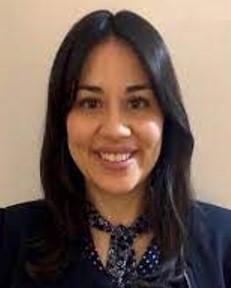 News
News
 News
News
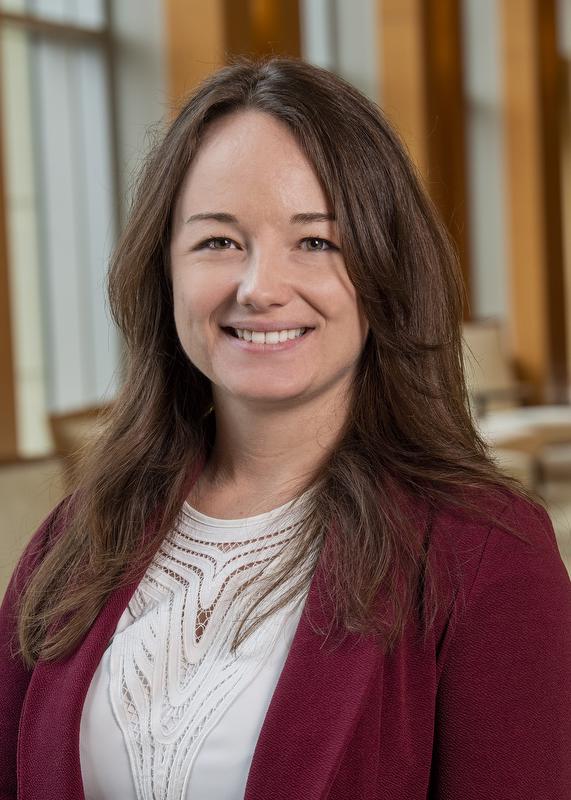 News
News
 News
News
 News
News
 News
News
 News
News
 News
News
 News
News
 News
News
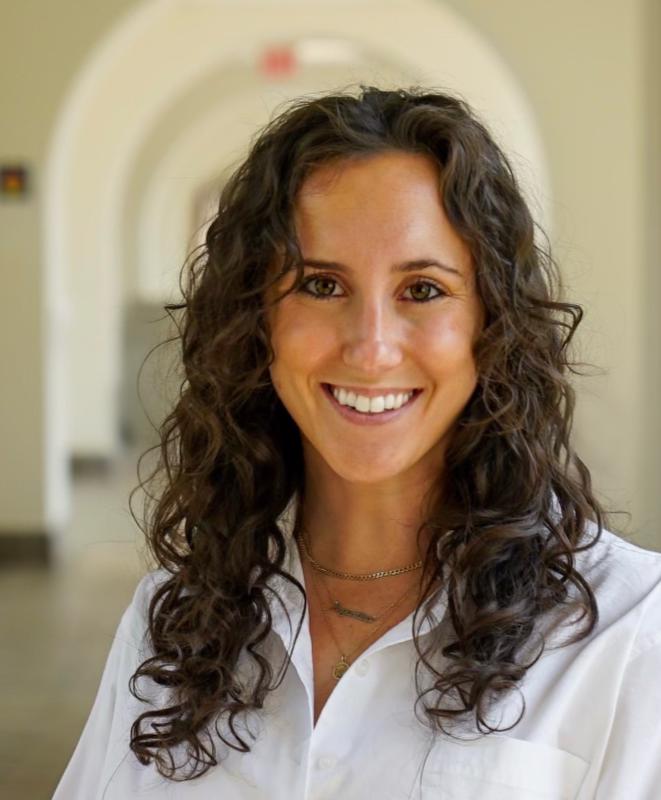 News
News
 News
News
 News
News
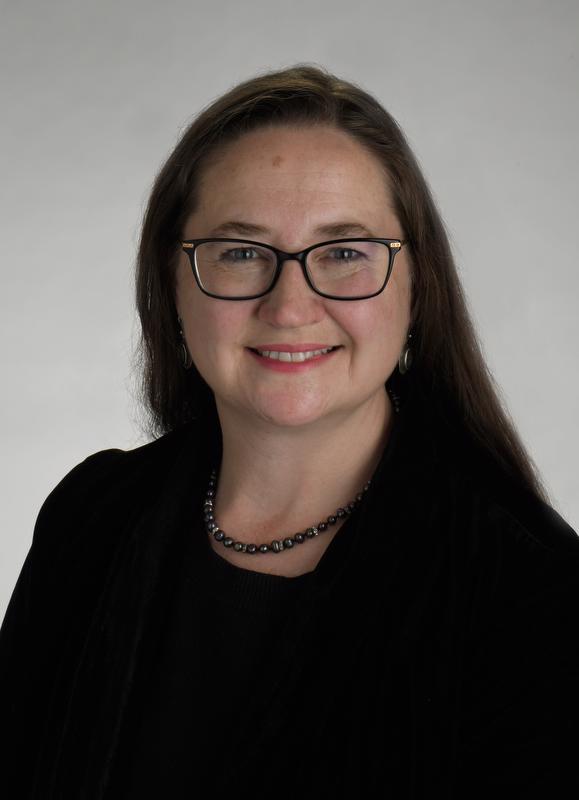 News
News
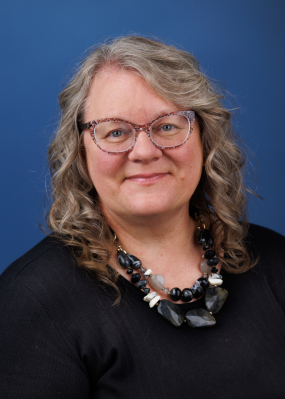 Funded Projects · News
Funded Projects · News
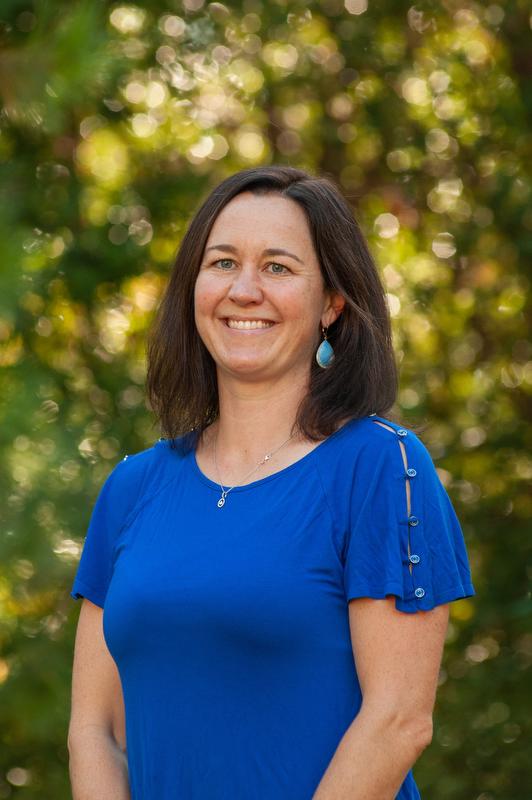 Funded Projects · News
Funded Projects · News
 KL2 Scholar · News
KL2 Scholar · News
 News
News
 News
News
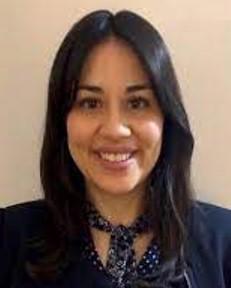 KL2 Scholar · News
KL2 Scholar · News
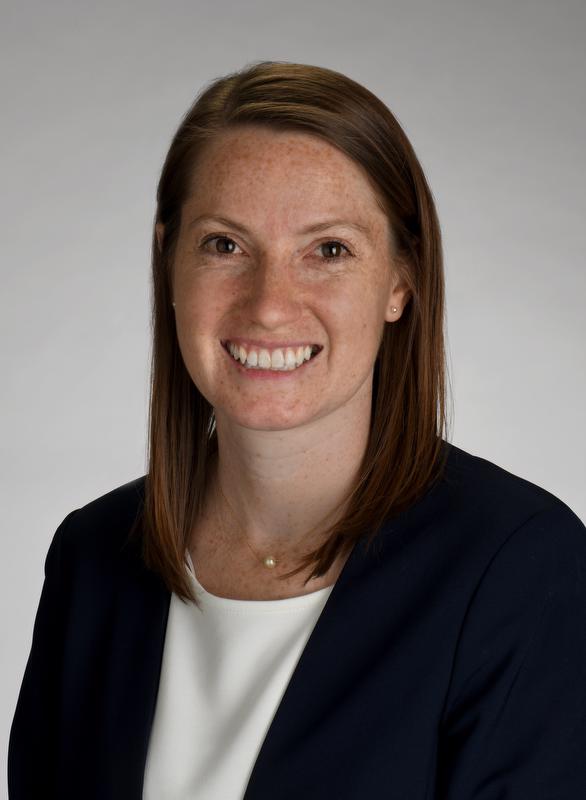 KL2 Scholar
KL2 Scholar
 News
News
 News
News
 KL2 Scholar · News
KL2 Scholar · News
 News
News
 News · In the Community · Funded Projects
News · In the Community · Funded Projects
 Funded Projects · News
Funded Projects · News
 Funded Projects · News
Funded Projects · News
 Funded Projects · News
Funded Projects · News
 Funded Projects · News
Funded Projects · News
 News
News
 Funded Projects · News
Funded Projects · News

 TL1 Trainee · News
TL1 Trainee · News
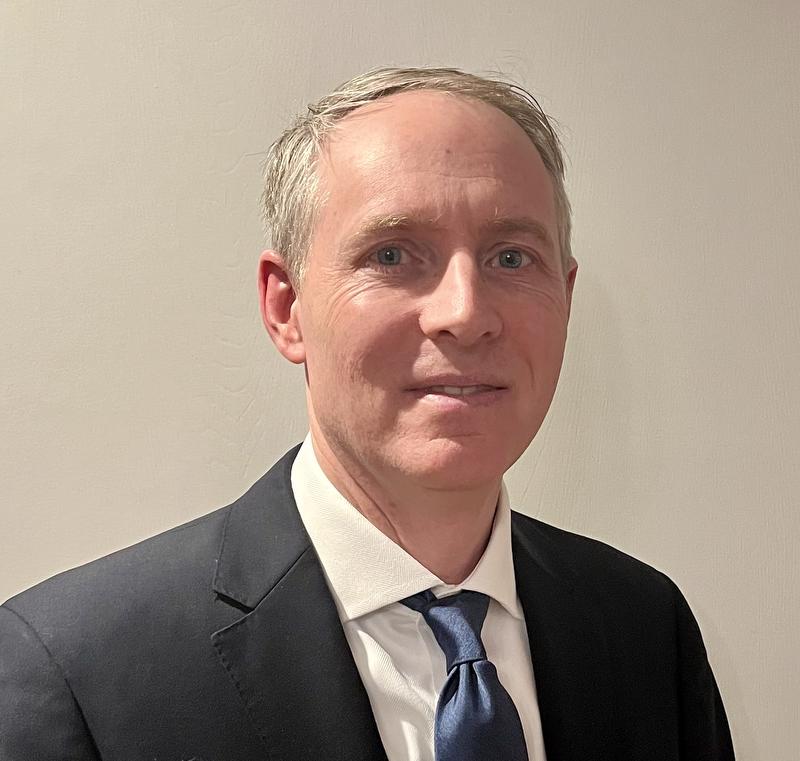 Funded Projects · News
Funded Projects · News
 Events · News
Events · News
 Funded Projects · News
Funded Projects · News

 Funded Projects · News
Funded Projects · News
 TL1 Trainee · News
TL1 Trainee · News
 News · In the Community · Funded Projects
News · In the Community · Funded Projects
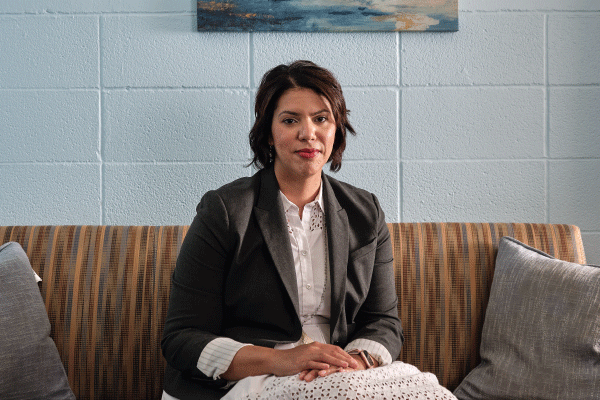 Funded Projects · News
Funded Projects · News
 KL2 Scholar · News
KL2 Scholar · News
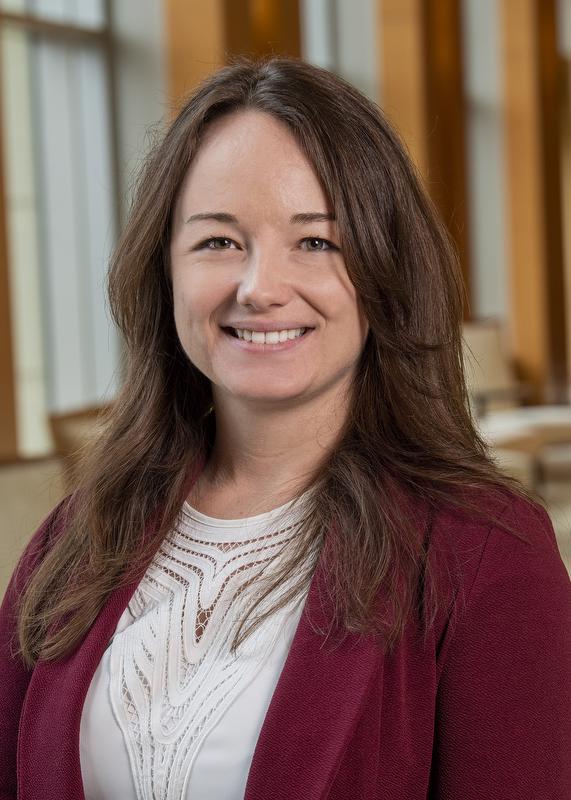 TL1 Trainee · News
TL1 Trainee · News
 News
News
 News
News
 KL2 Scholar · News
KL2 Scholar · News
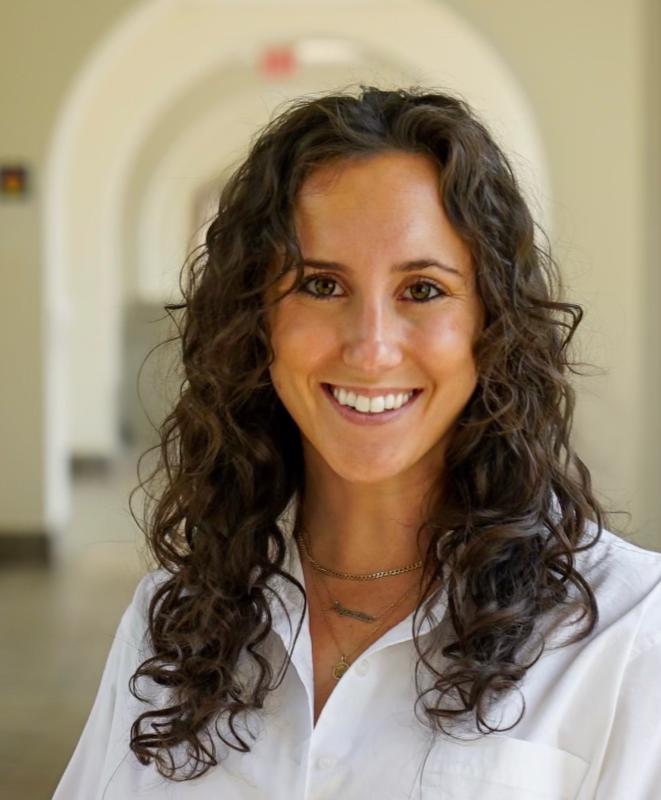 TL1 Trainee · News
TL1 Trainee · News
 News
News
 News
News
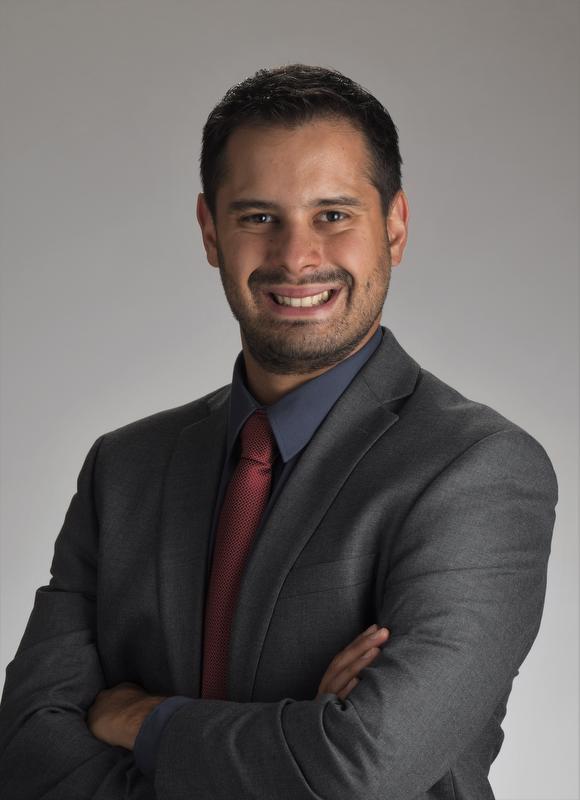 Funded Projects · News
Funded Projects · News
 Events · News
Events · News

 KL2 Scholar · News
KL2 Scholar · News
 News
News

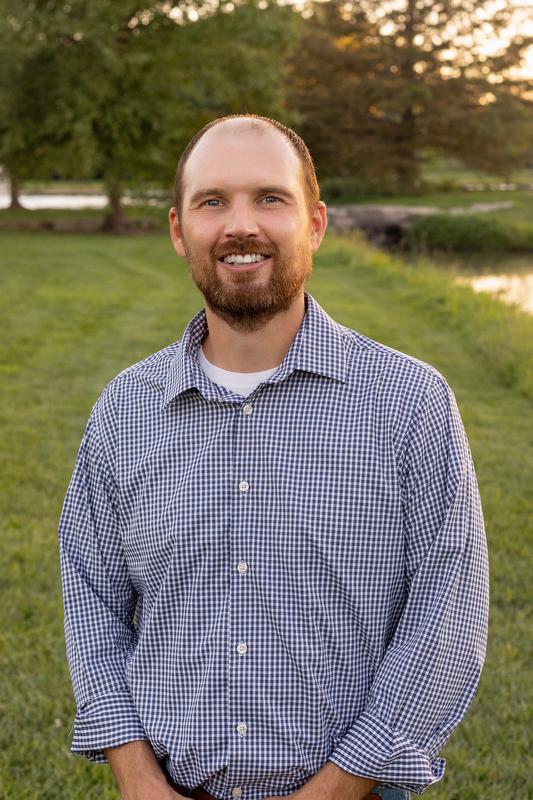 Funded Projects · News
Funded Projects · News
 News
News
 Partner News · News
Partner News · News
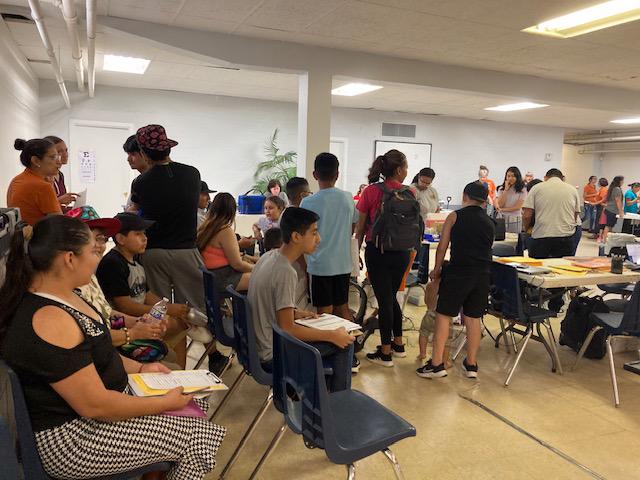 News · In the Community
News · In the Community
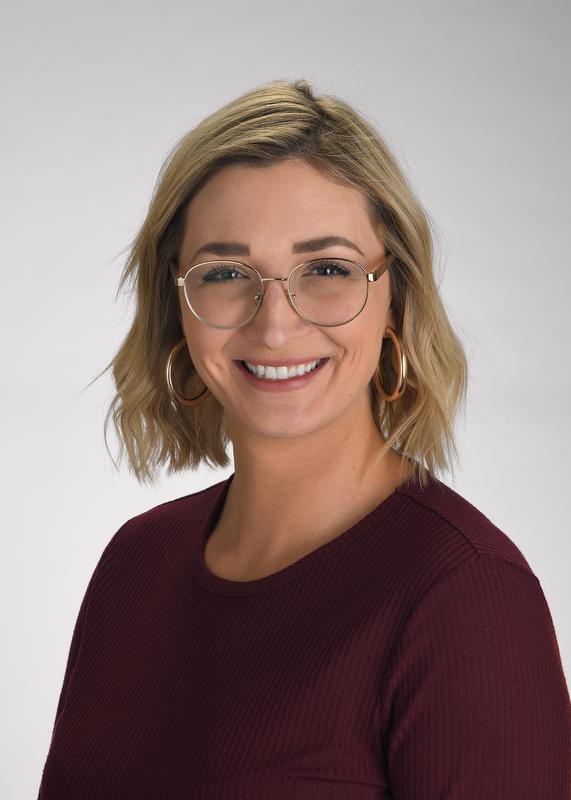
 0
0

 Funded Projects · News
Funded Projects · News
 Funded Projects · News
Funded Projects · News
 News
News
 Funded Projects · News
Funded Projects · News
 Funded Projects · News
Funded Projects · News
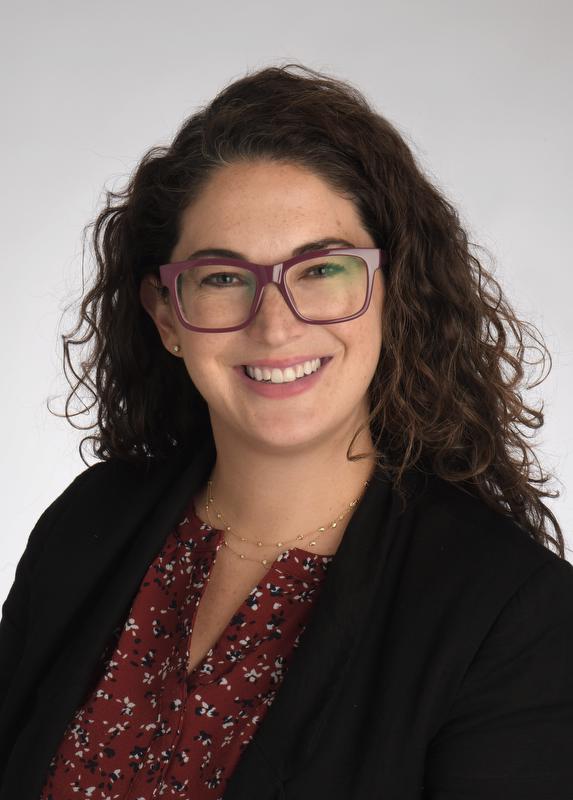 News
News
 Events · News
Events · News
 TL1 Trainee · News
TL1 Trainee · News
 TL1 Trainee · News
TL1 Trainee · News
 News
News
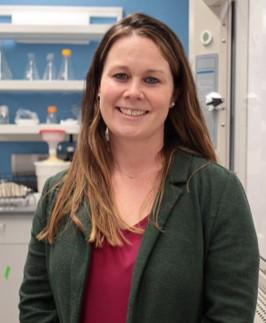 Funded Projects · News
Funded Projects · News
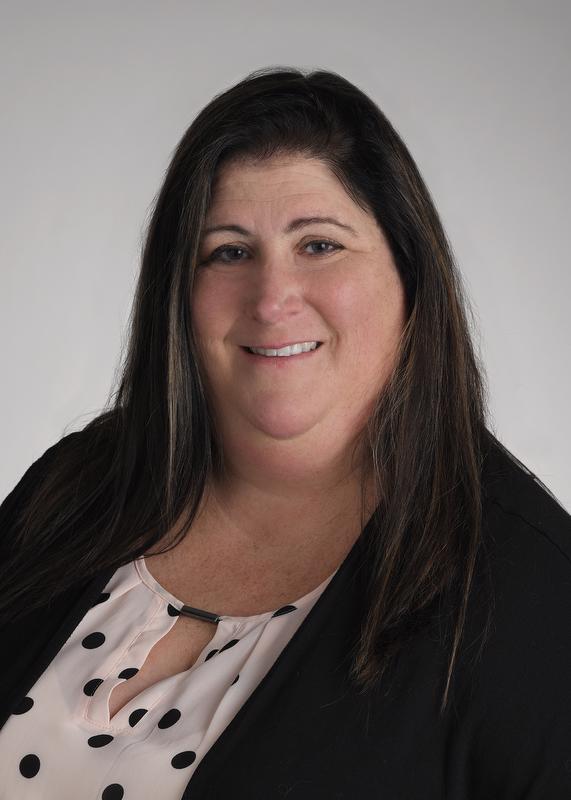 News
News
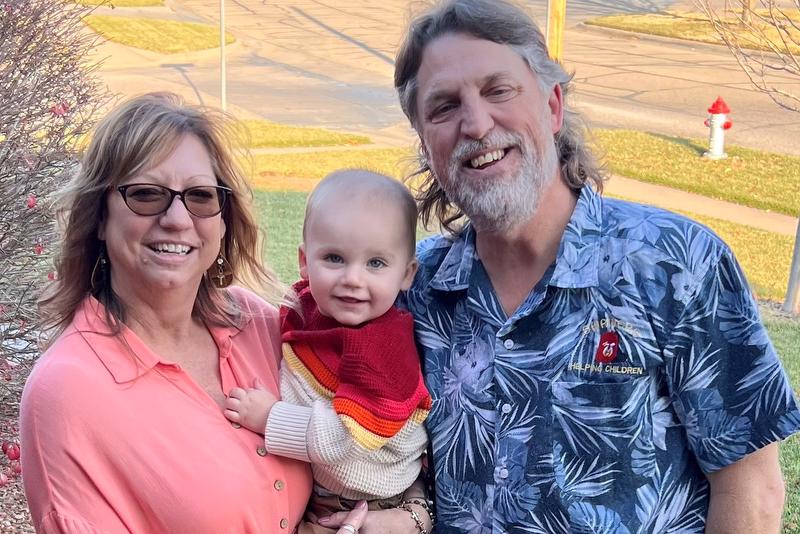 Partner News · News
Partner News · News
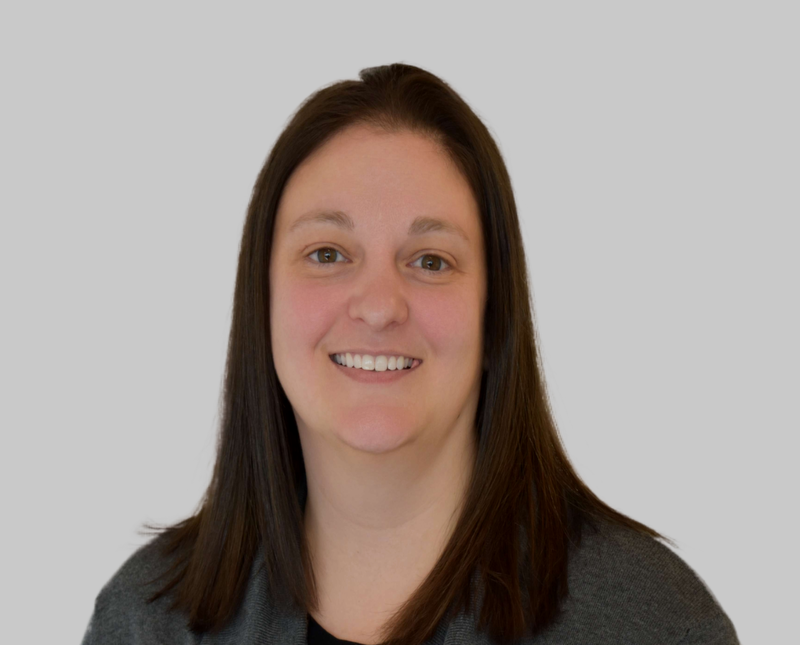 TL1 Trainee · News
TL1 Trainee · News
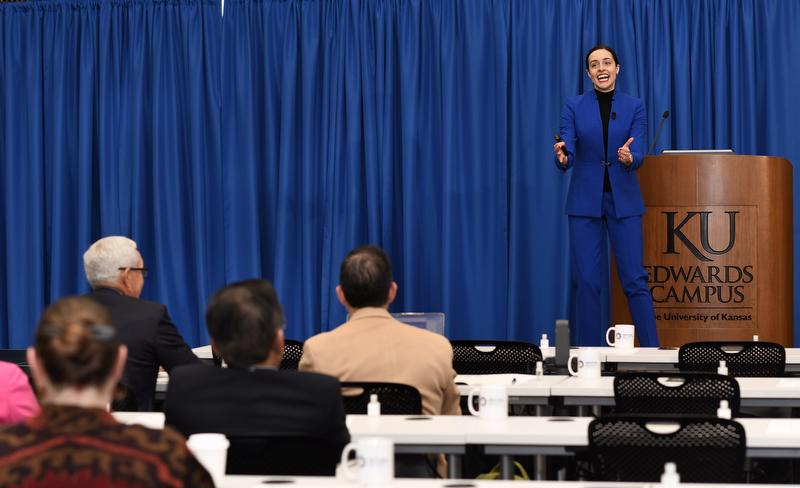 Events · News
Events · News
 KL2 Scholar · News
KL2 Scholar · News
 News
News
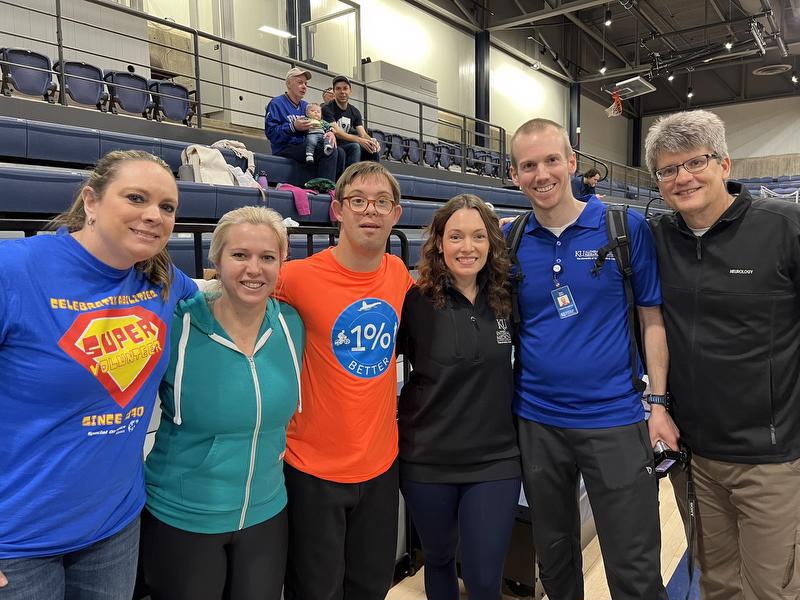 TL1 Trainee · News
TL1 Trainee · News
 News · KL2 Scholar
News · KL2 Scholar

 TL1 Trainee · News
TL1 Trainee · News
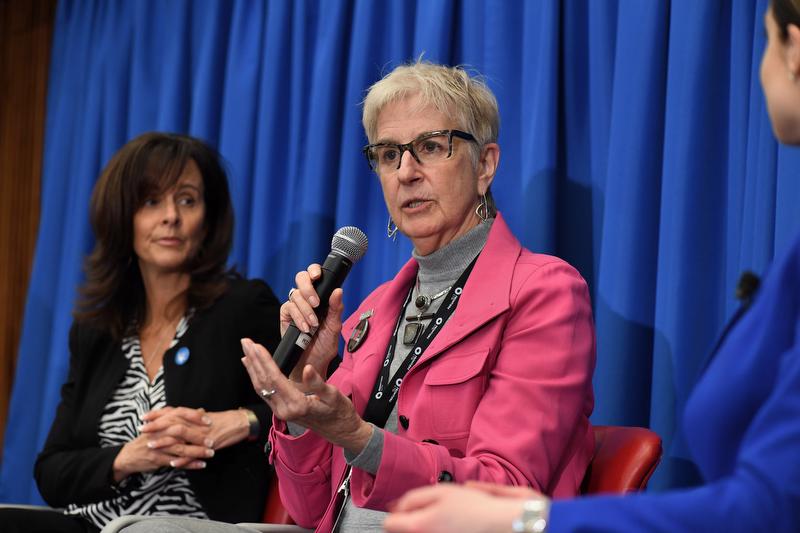 Events · News
Events · News
 News
News
 News
News
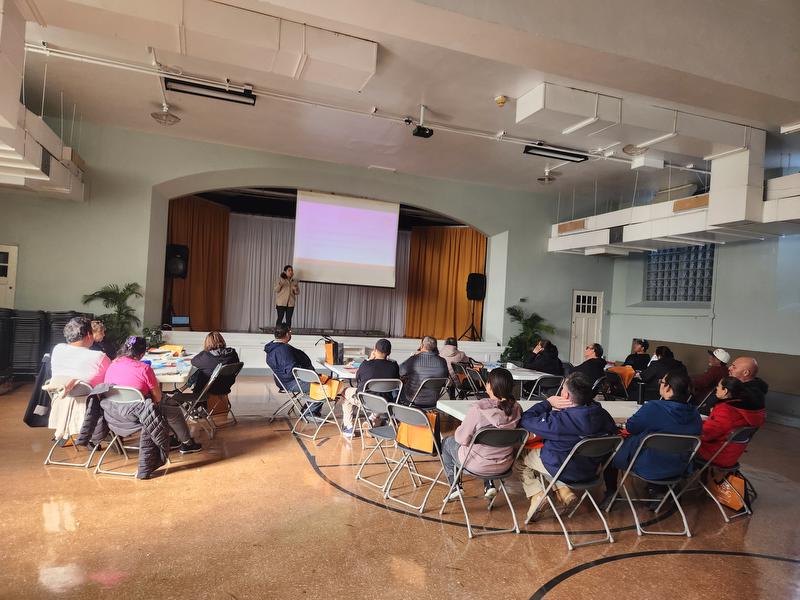

 News
News
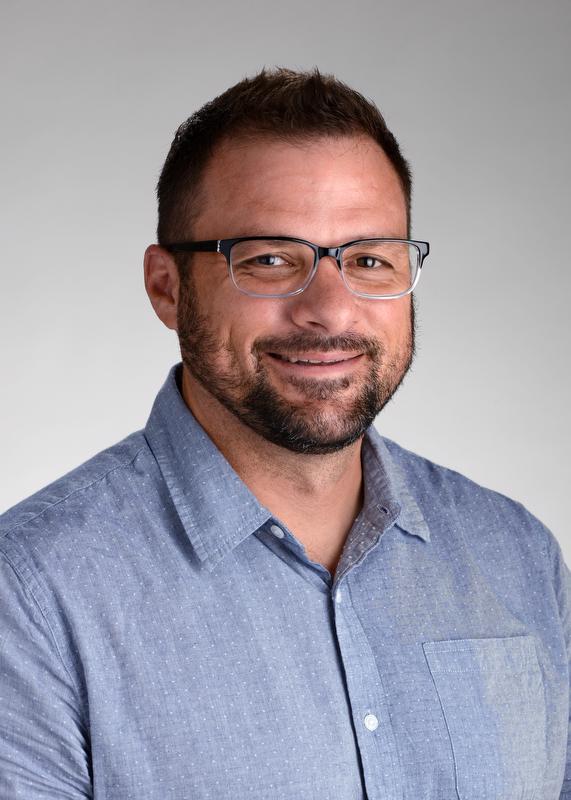
 40
40

 News
News
 News
News
 TL1 Trainee · News
TL1 Trainee · News
 News
News
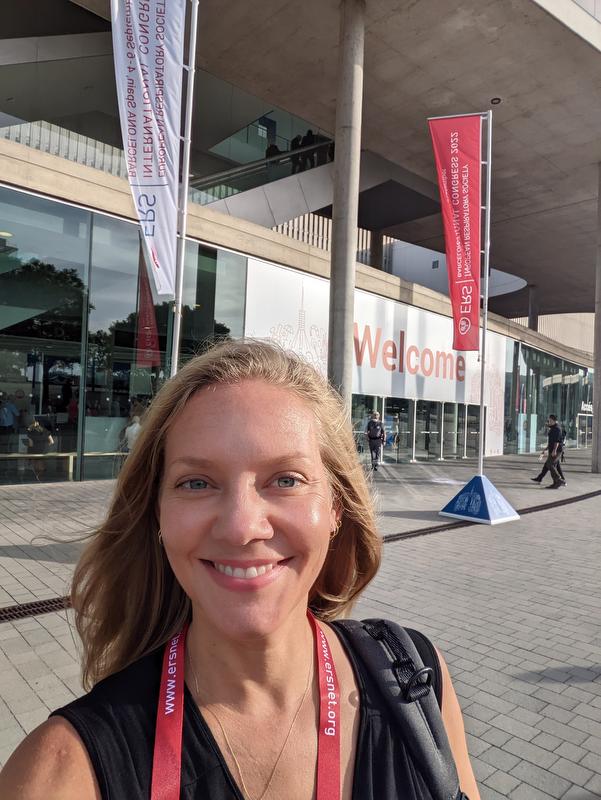 Funded Projects · News
Funded Projects · News
 News · In the Community
News · In the Community
 Funded Projects · News
Funded Projects · News
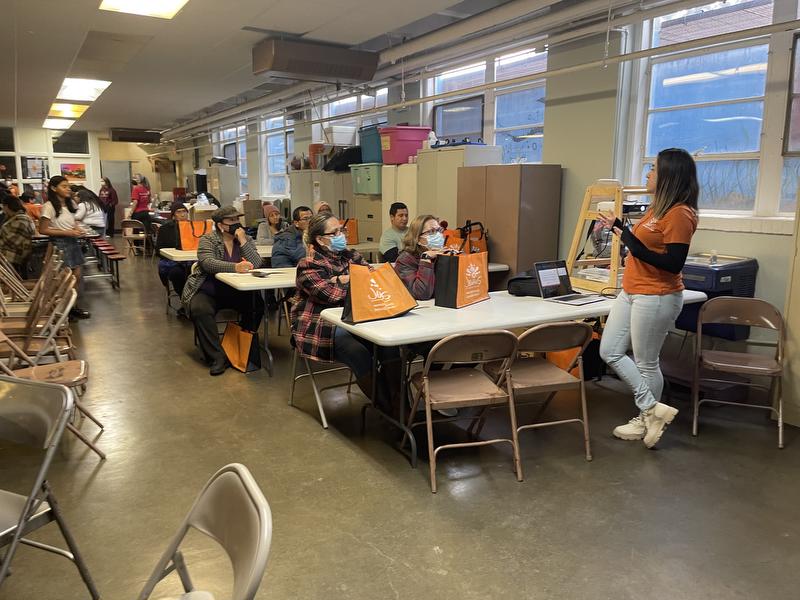 In the Community
In the Community
 News · In the Community · Partner News
News · In the Community · Partner News
 KL2 Scholar · News
KL2 Scholar · News
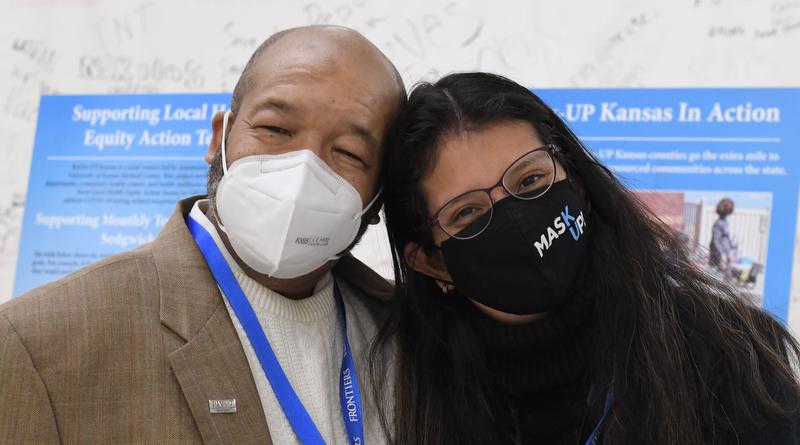 News · In the Community
News · In the Community
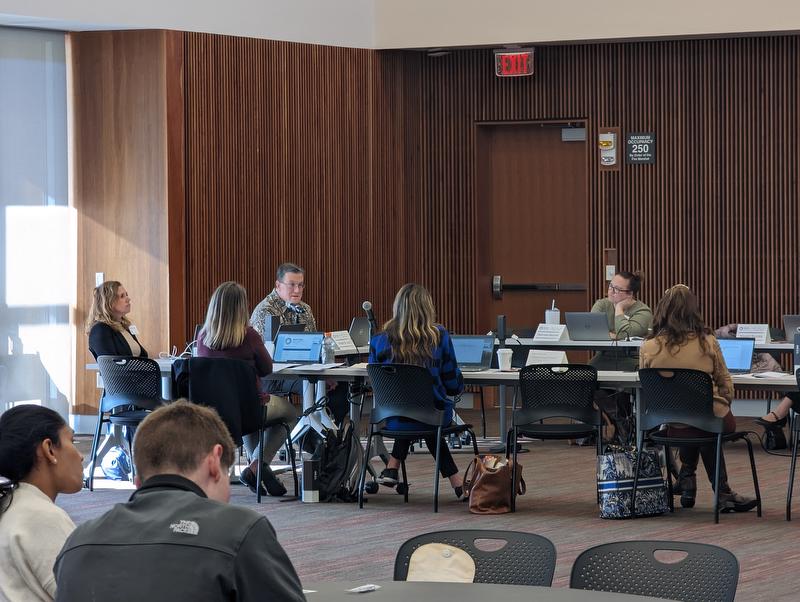 Events · News · Services
Events · News · Services
 Funded Projects · News
Funded Projects · News
 KL2 Scholar · Funded Projects · News
KL2 Scholar · Funded Projects · News
 TL1 Trainee · Funded Projects · News
TL1 Trainee · Funded Projects · News
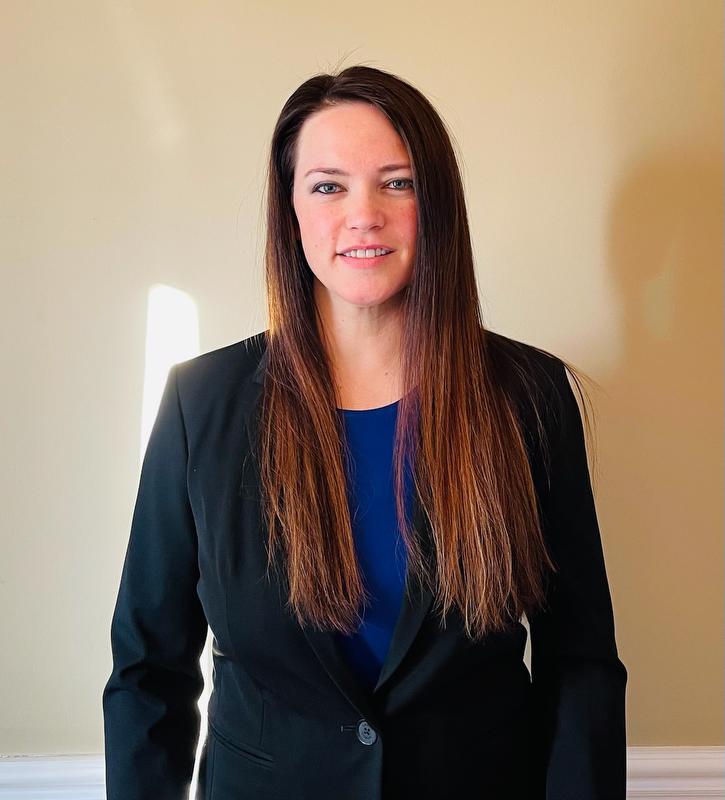 News
News
 News
News
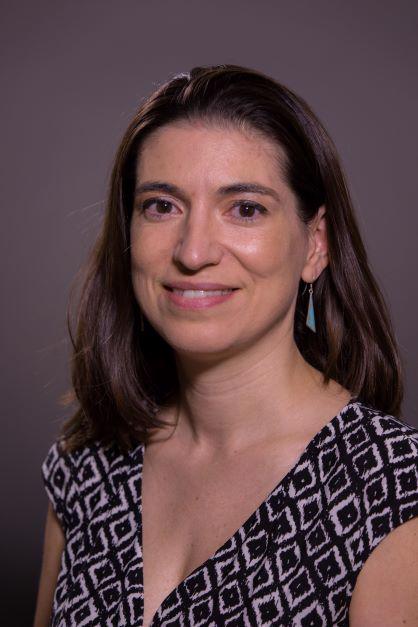 KL2 Scholar · Funded Projects
KL2 Scholar · Funded Projects
 KL2 Scholar · Funded Projects
KL2 Scholar · Funded Projects
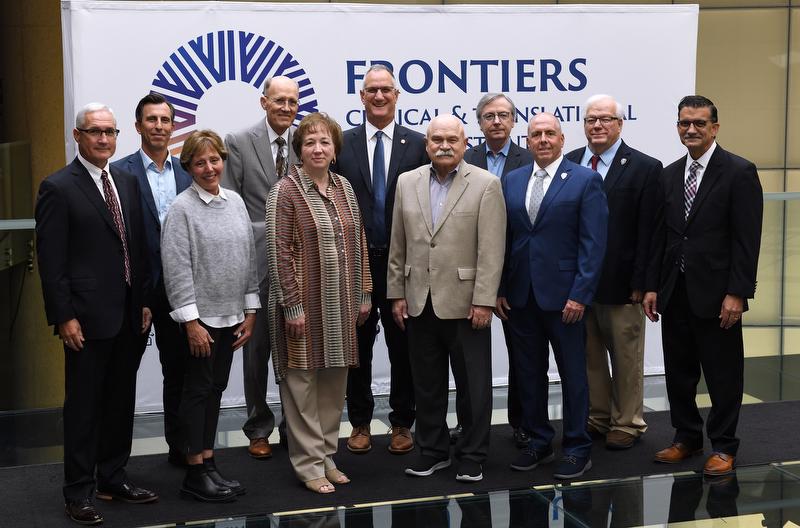 Events · News
Events · News
 News
News
 KL2 Scholar · Funded Projects
KL2 Scholar · Funded Projects
 News
News
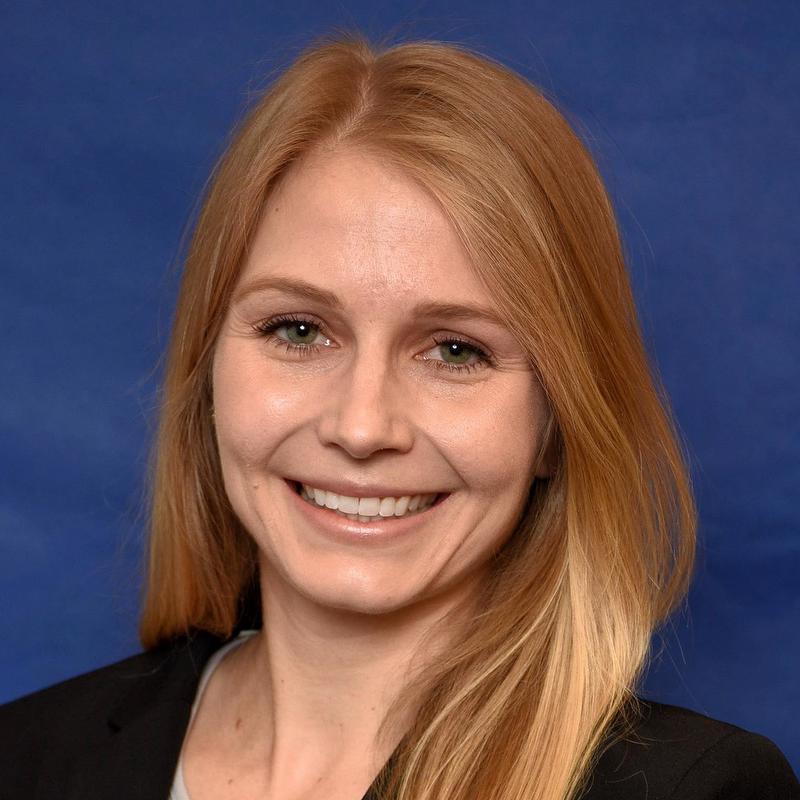 Funded Projects
Funded Projects

 TL1 Trainee
TL1 Trainee
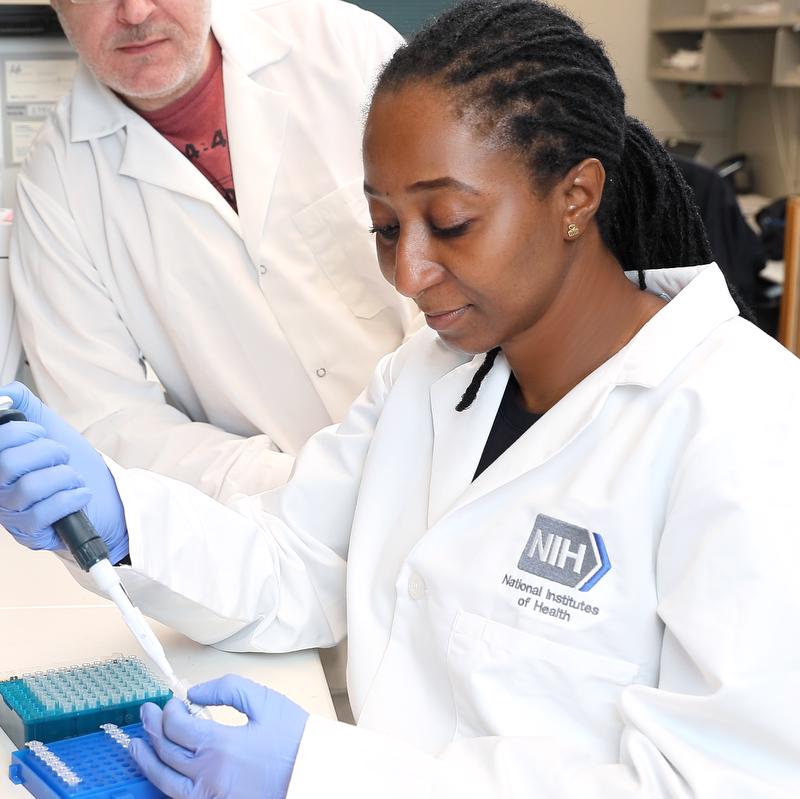 News
News
 Funded Projects
Funded Projects



